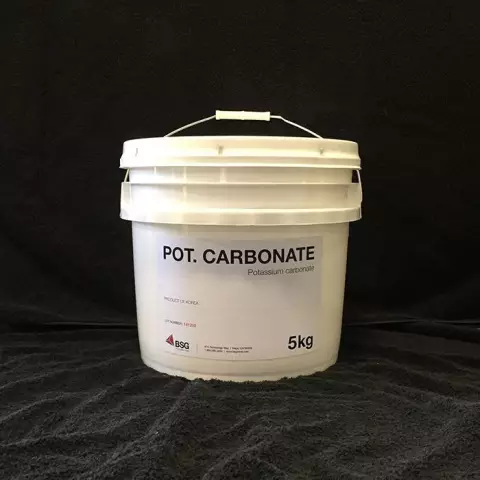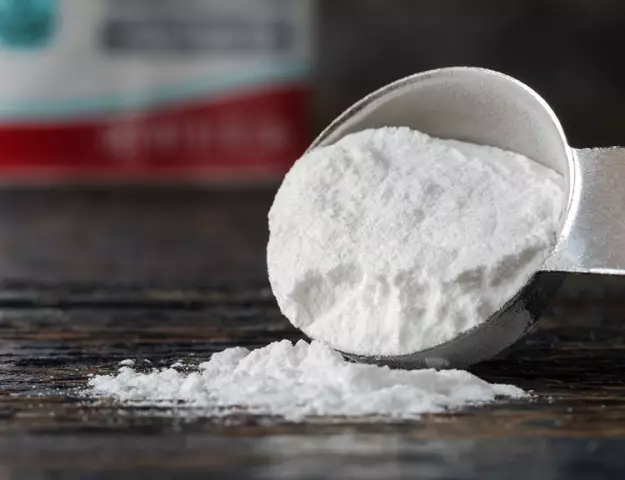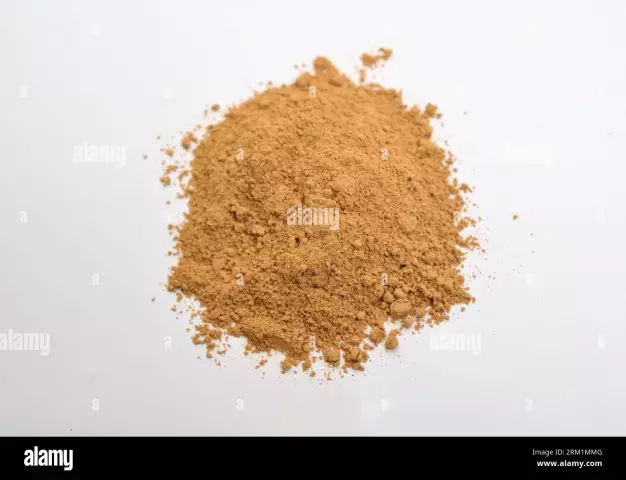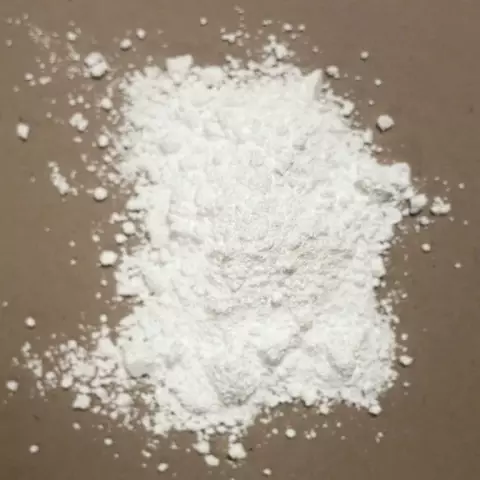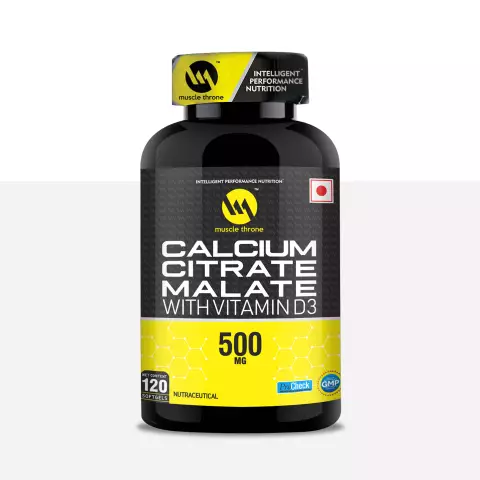- Author Rachel Wainwright wainwright@abchealthonline.com.
- Public 2023-12-15 07:39.
- Last modified 2025-11-02 20:14.
Calcium carbonate
Instructions for use:
- 1. Pharmacological action
- 2. Release form
- 3. Indications for use
- 4. Method of application
- 5. Side effects
- 6. Contraindications to use

Calcium carbonate is an antacid.
pharmachologic effect
Calcium carbonate weakens the damaging effect of hydrochloric acid on the mucous membranes of the stomach and esophagus.
Also, calcium is involved in the formation of bone tissue, blood coagulation, maintains stable heart activity, and transmits nerve impulses.
Another drug with an antacid effect is calcium carbonate magnesium carbonate, which suppresses the destructive effect of hydrochloric acid, reduces the breakdown of proteins by gastric juice. The action of the drug does not provoke an increased release of hydrochloric acid, does not change the acid-base balance. Magnesium, participating in the complex, activates metabolic processes, has antiarithymic, antispasmodic, antiplatelet effect, regulates the synthesis of protein, nucleic acids, is responsible for the processes of storage, transfer and utilization of energy.
Release form
Calcium carbonate tablets and powder are produced.
Indications for use
Calcium carbonate is prescribed for digestive disorders, refluxesophagitis, epigastric discomfort and pain, flatulence, in conditions accompanied by high acidity, for the prevention of osteoporosis, caries and rickets in children.
Calcium carbonate magnesium carbonate is also used in states characterized by increased acidity of gastric juice, it is prescribed for magnesium deficiency, which is manifested by sleep disorders, fatigue, muscle cramps, myalgia. The complex is effective for intensive sports activities, during the rapid growth of children, for the prevention of oxalate nephrourolithiasis.
Mode of application

Powdered calcium carbonate for adults is prescribed in a dosage of 0.5-1 g to neutralize hydrochloric acid. For the prevention of osteoporosis, 0.6-1.2 g per day is prescribed.
For the treatment of caries and rickets, children are prescribed 300-600 mg per day.
A single dose of a complex of calcium with magnesium is 500 mg.
Children after 12 liters and adults are given two tablets if symptoms of illness appear or after meals (if necessary, every two hours). You cannot take more than 12 tablets per day.
The tablet is not swallowed, but absorbed.
Side effects
Calcium carbonate with prolonged use due to the accumulation of alkaline substances can cause alkalosis (an increase in the pH level in tissues and blood).
Application of Calcium carbonate magnesium carbonate may cause changes in stool consistency.
Taking higher doses of the drug can lead to increased secretion of gastric juice. Prolonged use of high doses of the drug can cause hypercalcemia, which disappears after the end of therapy.
If the drug is taken by a patient with impaired renal function, hypermagnesemia may develop.
Contraindications for use
Calcium carbonate powder is contraindicated in thrombosis, severe atherosclerosis, hypercalcemia, hypersensitivity to the drug.
Calcium with magnesium should not be taken with phenylketonuria, severe renal impairment, hypercalcemia, hypersensitivity to the drug, children under 12 years of age.
During pregnancy, drugs can be taken, but after consultation with an observing gynecologist.
Information about the drug is generalized, provided for informational purposes only and does not replace the official instructions. Self-medication is hazardous to health!


